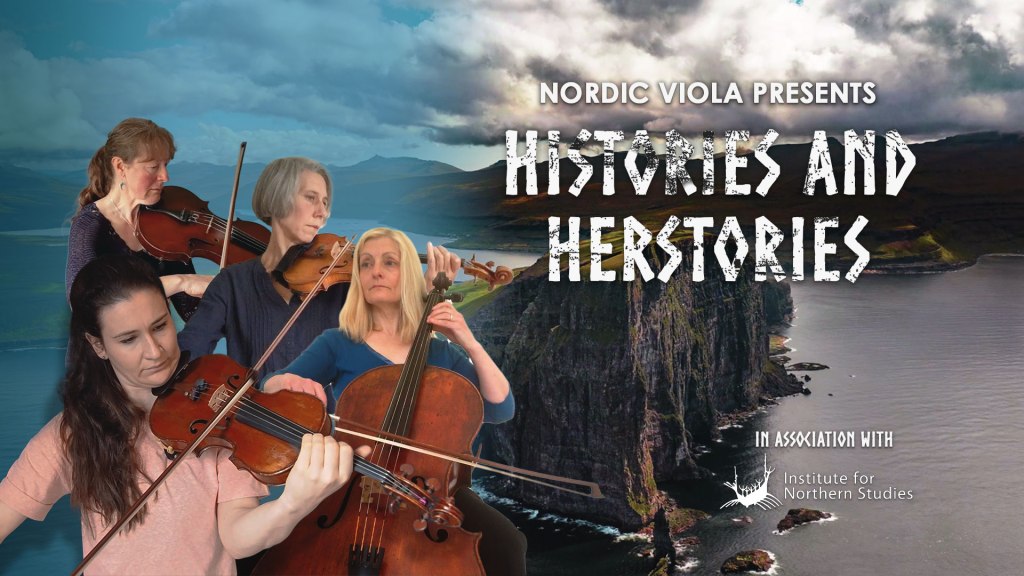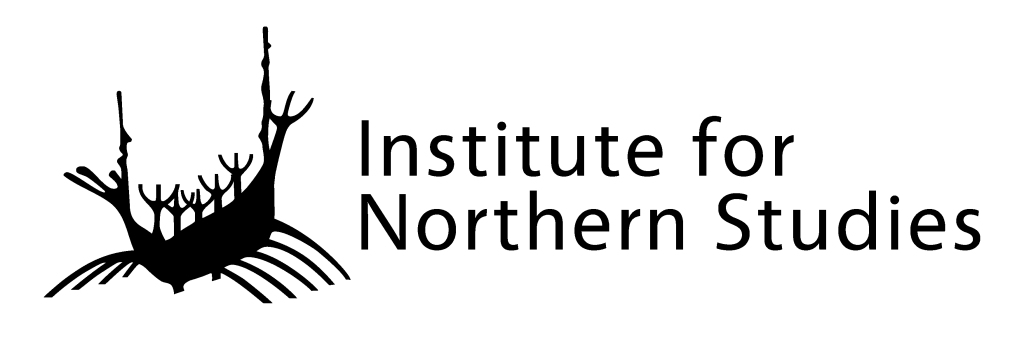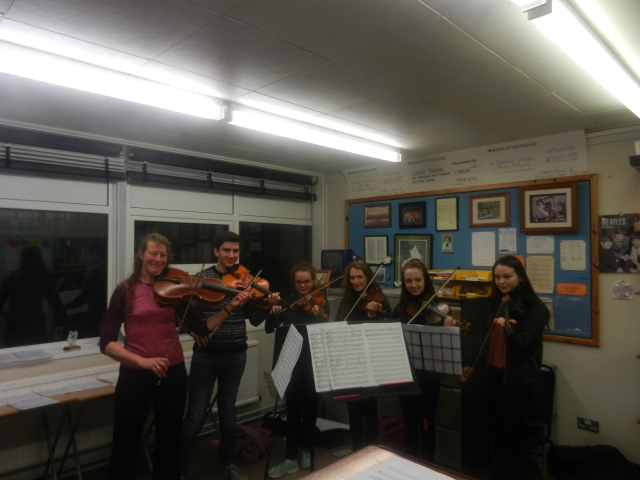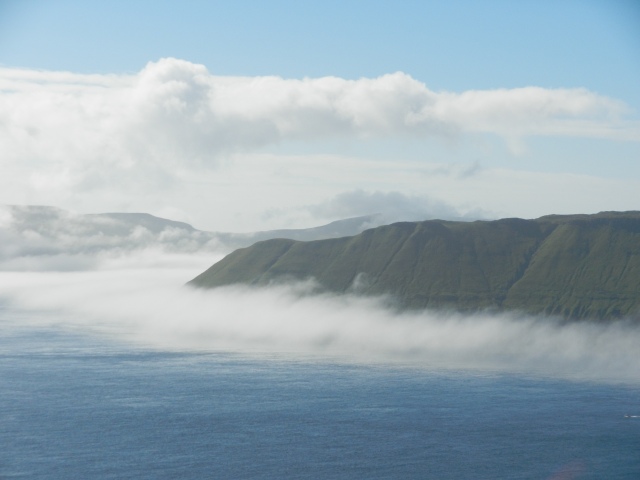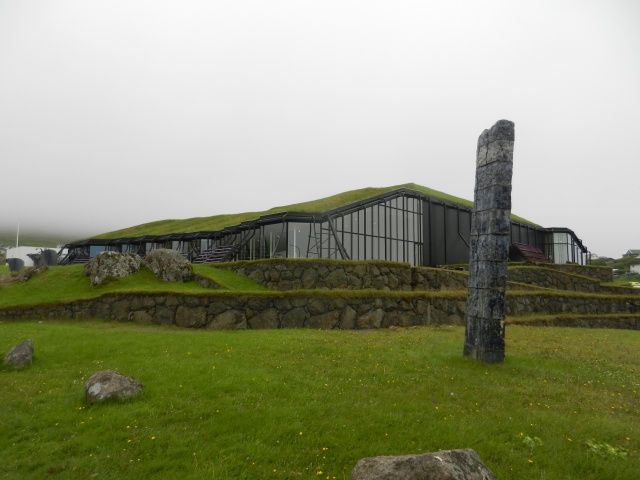Histories and Herstories




There’s lots going on with Nordic Viola this month. First of all, one year after it was meant to happen, our “Histories and Herstories” concert will be streaming online for the University of the Highlands and Islands’ Institute of Northern Studies on 16th April from 4:15pm. The concert is part of the 5th International St. Magnus Conference, which this year focuses on the role of women in island life and features speakers from all around the North Atlantic as well as further afield.
Our programme of music by women composers ranges from traditional tunes from Orkney (Fiona Driver), Shetland (Margaret Robertson) and Iceland (arranged by Jocelyn Hagen) to new music from Greenland in our commission from Arnannguaq Gerstrøm that depicts winter in the Arctic. There’s also music reflecting on climate change and the landscape by Lisa Robertson, and migration, human and avian, by Anna Appleby. Other composers include Gemma McGregor and Lillie Harris.
This concert proved to be one of the most popular events in Orkney International Science Festival’s 2020 festival. As well as the music, people commented on the beautiful images of the Far North in the video. Here’s a little taster featuring the Faroe Islands in Mjørkaflókar, composed by me and students from Anderson High School in Shetland. https://www.youtube.com/watch?v=2sakvHqCVPM
If you didn’t hear the concert last time, make sure you set a reminder by clicking on this link for the 16th at 4:15 BST. https://www.youtube.com/watch?v=ZosZA_ZG_fM If you heard it and enjoyed it, please share far and wide with your friends and acquaintances!
Art-Making in the Anthropocene
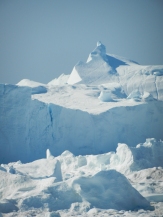
Our second concert this month is for the Art-Making in the Anthropocene Series hosted by the Royal Conservatoire of Scotland.
Art-Making in the Anthropocene is a series of 8 free online talks/discussions and an online concert, which bring together Scottish and international artists, activists, and academics from across disciplines to explore what art-making can be in this time of ecological emergency.
Art-Making in the Anthropocene is funded by a Royal Society of Edinburgh Research Workshop grant, and co-organized by Dr Emily Doolittle, Dr Sarah Hopfinger, and Dr Stuart MacRae at the Royal Conservatoire of Scotland.
Our concert features music with a connection to the environment and humankind’s relationship with it. All the composers have a strong connection to Scotland. Some of them are old friends of ours, but we also issued a call for scores and we’re excited to bring you some new voices from the thriving contemporary music scene here in Scotland.
We’re also partnering with the Ear to the Ground Podcast who interviewed our composers for the concert and who will be presenting an issue of the podcast focusing on the ideas behind the concert. I’ll share the links with you, as well as more information on the composers and music, nearer the time.
Art-Making in the Anthropocene is supported by:
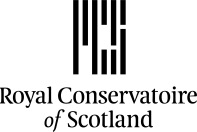


Aud by Linda Buckley
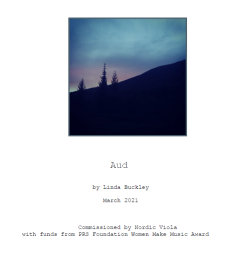
Finally, a taster of news about an exciting project that we’ll be working on between May and September this year.
This week I received our new commission from Linda Buckley, supported by PRSF Women Make Music. Aud is a new piece for clarinet, violin, viola, cello and electronics and it will form the centrepiece of our new programme, “Sagas and Seascapes.” It depicts Aud’s journey from Ireland, via Orkney to Iceland, where she was one of the early women settlers. Featuring an atmospheric electronic track and with music brimming with energy, we can’t wait to start work on it.
Much more news to follow on “Sagas and Seascapes” in May. Add your email address below to subscribe and you’ll be amongst the first to hear about our exciting plans!


